Indians in Portugal. Some facts.
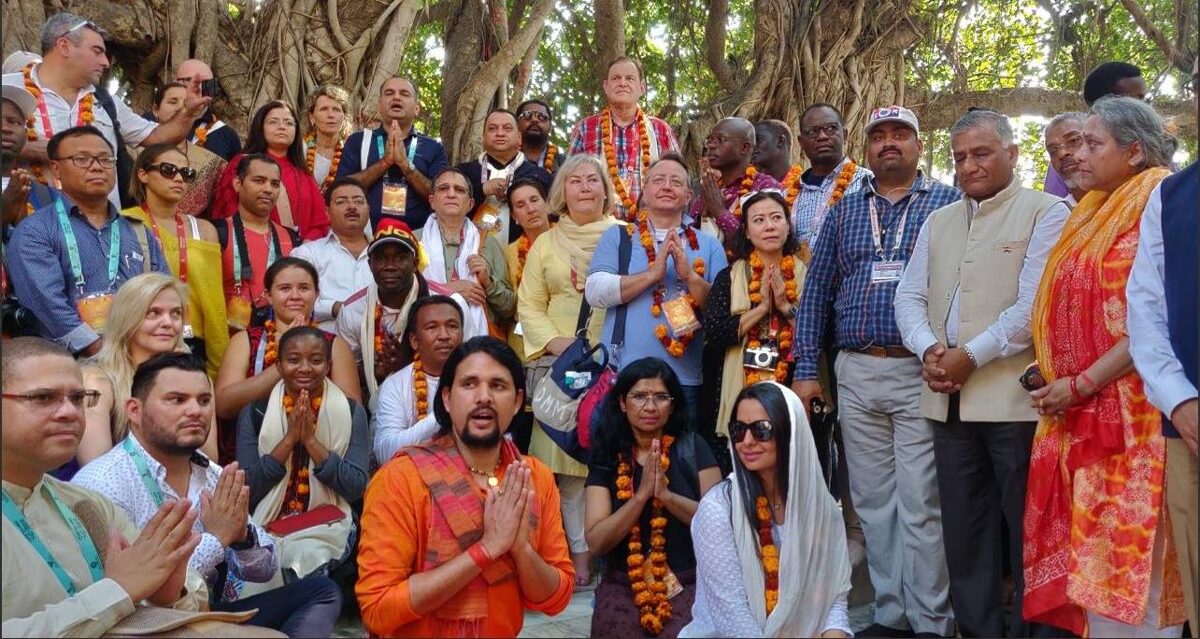
Between 2018 and 2021, the Indian community in Portugal, comprising recent migrants and those tracing their roots to India, has seen a notable increase, totalling around 80,000 to 120,000 individuals according to varying estimates. During this period, approximately 32,000 Indians arrived in Portugal, choosing mainly Lisbon and Porto as their settling grounds. This influx represents a significant segment, ranging from 0.76% to 1.15% of Portugal's total population.
Indian wedding Planning in Portugal

Looking to organize an Indian wedding in Portugal and in need of an experienced Indian wedding planner or planning company? Look no further. We specialize in assisting couples with planning Indian weddings in Lisbon and Algarve.
Major visits between India and Portugal
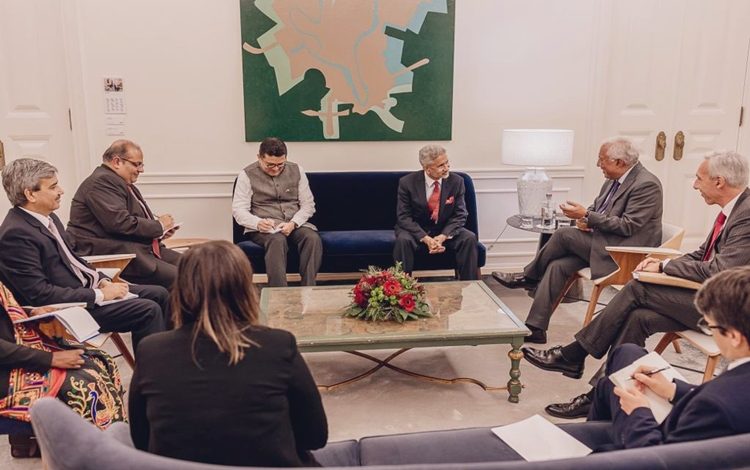
A Joint Stamp depicting the cultural dances of both nations was also released to commemorate 500 years of diplomatic relations, and the Portuguese novel "Signo da Ira," set in Goa and authored by PM Costa’s father, was translated into English and unveiled during the visit.
Political relations between India and Portugal
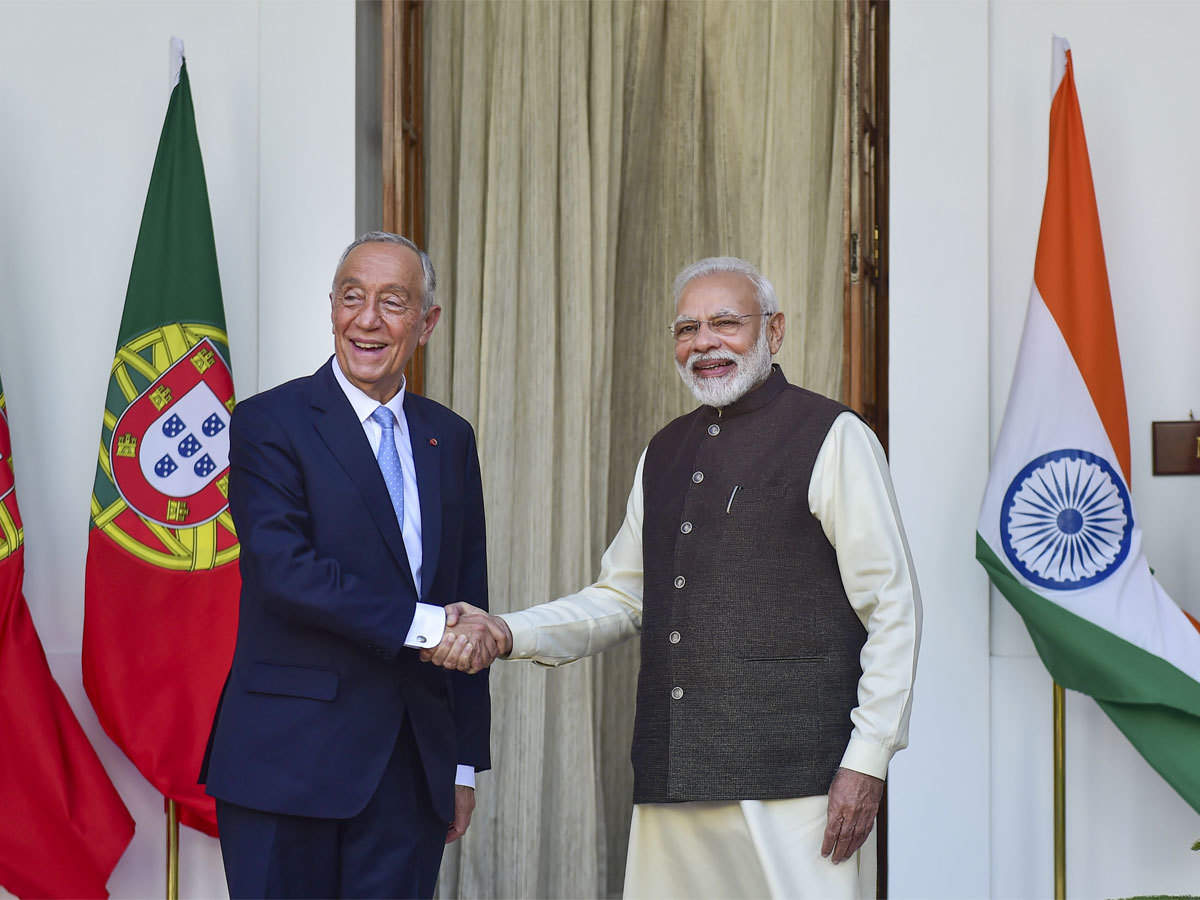
The relationship between India and Portugal is characterized by warmth and friendship. Portugal recognizes India as a vibrant pluralistic democracy, a significant global economy, and an ancient civilization with deep historical and cultural connections. Portugal has consistently advocated for India's permanent membership in key international forums such as the United Nations Security Council (UNSC) and the Nuclear Suppliers Group (NSG). Notably, the concept of initiating an India-EU Summit was first proposed by Portugal during the tenure of current UN Secretary-General Antonio Guterres as Prime Minister, leading to the inaugural summit held in Lisbon under the Portuguese Presidency of the European Union in 2000, with the presence of Prime Minister A.B. Vajpayee.
Historical Ties between India and Portugal

Job opportunities for Indians in Portual
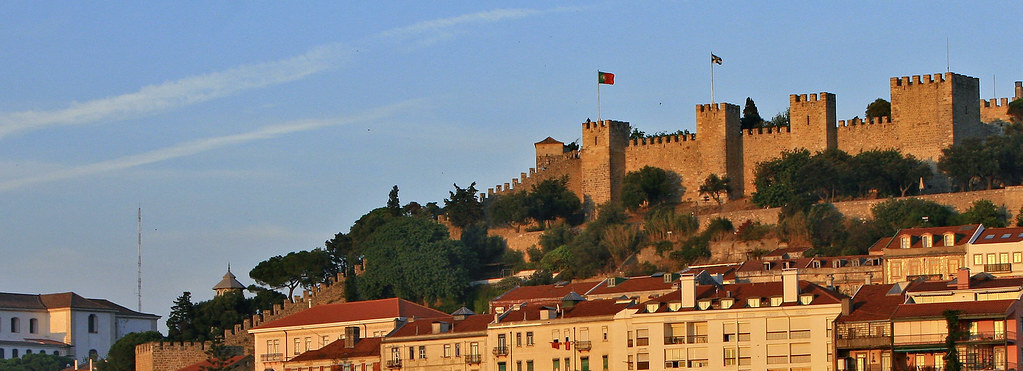
Portugal offers abundant job opportunities and welcomes foreign nationals to explore employment prospects across various sectors. Here's a list of lucrative job options:
Indian life in Portugal
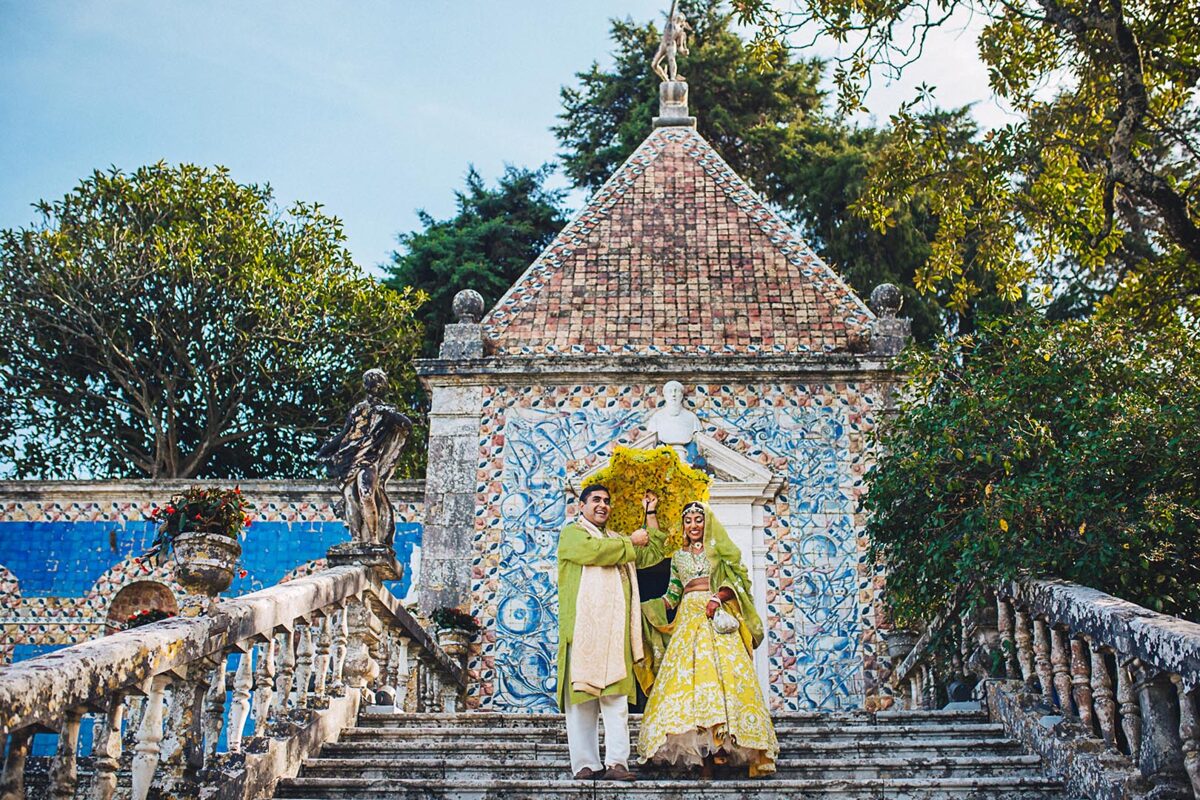
The majority of permanent Indian-origin residents in Portugal today trace their roots back to the former Portuguese colonies of Goa, Daman, and Diu, as well as the southern Indian cities of Calicut and Kochi, which were pivotal in Portugal's historic spice trade. Additionally, Indians migrated to Portugal from African nations like Kenya, Mozambique, and Angola post-independence. More recent immigrants hail from regions such as Gujarat, Punjab, and Kerala, with a significant contingent of non-resident Indians, particularly technology professionals.
The Indian community in Portugal is predominantly located in major urban centres including Lisbon, Porto, Algarve, Coimbra, Guarda, Leiria, Odemira, and Rio Maior. Over the past 15 years, bilateral trade agreements have strengthened ties between the two nations, leading to increased Indian presence and settlement in Portugal.
The historical ties between India and Portugal date back to the arrival of Vasco da Gama in Calicut in 1498. Despite initial tensions, da Gama's voyages laid the groundwork for further Portuguese exploration and trade in southern India, culminating in Goa becoming a pivotal hub for Portuguese trading activities. Interactions between the Portuguese and local Goanese population over four centuries fostered cultural exchange, with Goa emerging as a significant center for Portugal akin to Lisbon.
Today, Indian culture, particularly Goan culture, resonates strongly among the Indian diaspora in Portugal. Notably, Portugal's former Prime Minister, Antonio Costa, has Goan heritage. Integration between Indian and Portuguese communities is evident, with approximately 90% of Indian residents fluent in Portuguese. Portugal's recognition of Indian icons like Mahatma Gandhi, evidenced by the release of a commemorative stamp in 2019 and landmarks like Gandhi Road in Covilha and a bust in Madeira, further underscores the deepening cultural ties.
Educational institutions like the Center for Indian Studies in Lisbon play a crucial role in fostering understanding and appreciation of Indian culture through lectures and language courses. Additionally, associations such as the Portugal Hindu Youth Association, Recreational and Cultural Indo-Portuguese Association, Daman-Diu Supporters Fraternity Association, and Sura — Cultural and Ecological Movement of Goa facilitate cultural exchange and interaction between Indian and Portuguese communities.
